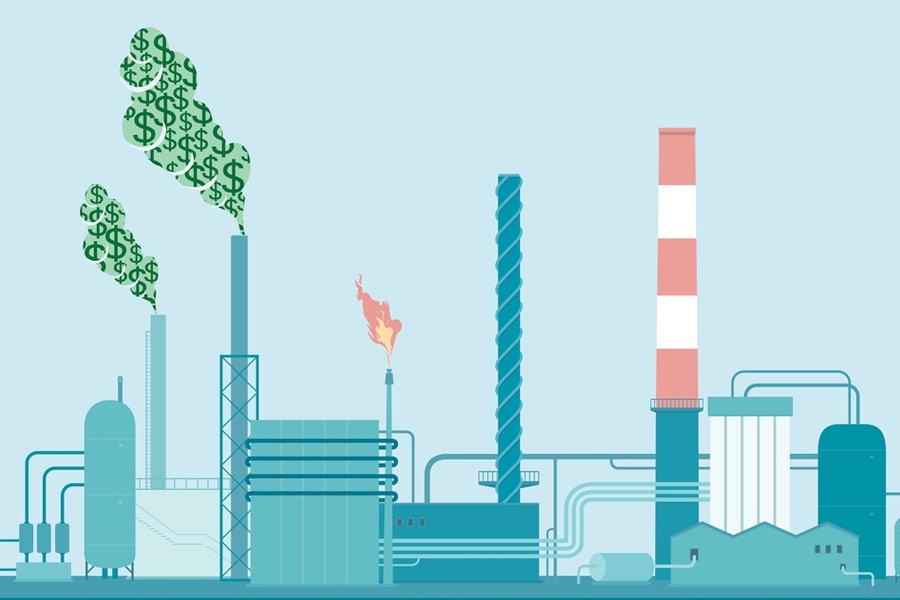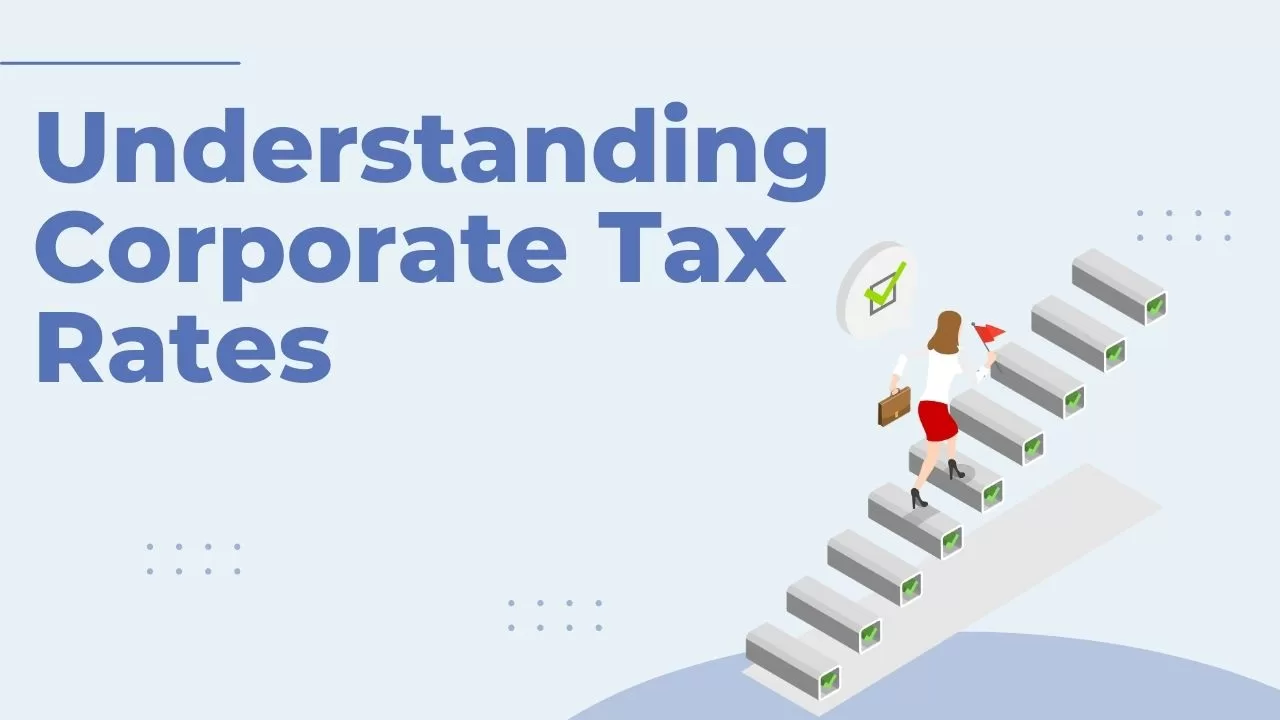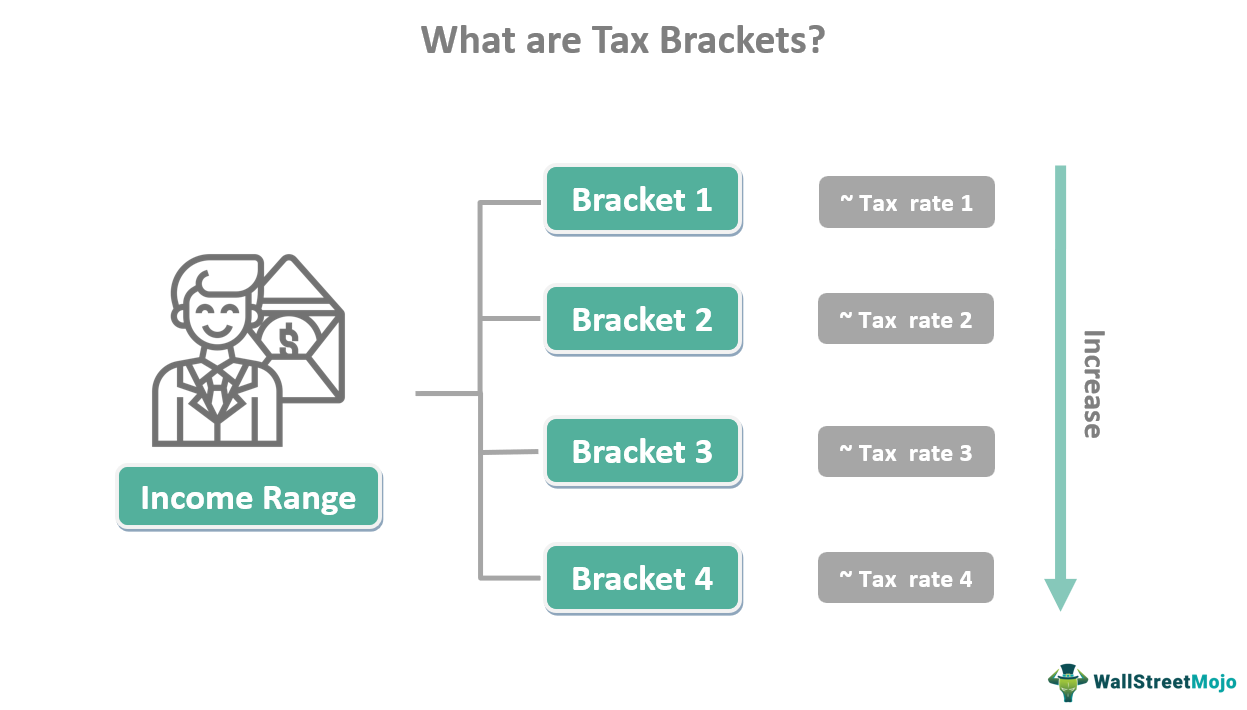The federal carbon tax in Ontario increased from $65 to $80 per tonne of carbon dioxide equivalent on April 1, 2024. This change was part of a broader federal policy aimed at reducing greenhouse gas emissions by making it more expensive to use fossil fuels. The tax increase impacts the price per litre of gasoline and other fuels, directly affecting consumers and businesses that rely on fuel for transportation, heating, and other needs.
Impact on Ontarians
The increase in the carbon tax means that for every litre of gasoline purchased, the carbon tax component rose from 14.3 cents to 17.6 cents. This has a significant impact on the cost of fueling a vehicle. For example, fueling a 70-litre minivan, which previously cost an additional $10.01 in carbon taxes, now costs about $12.32, marking a noticeable increase in expenses for families and individuals. This change not only affects personal transportation costs but also has broader economic implications, potentially influencing the cost of goods and services across the province, as transportation costs are a key component of pricing.
Rebates and Offsets
To help offset the financial impact of the carbon tax on families and individuals, the federal government provides a carbon tax rebate, officially known as the Climate Action Incentive Payment. For the 2024 tax year, the government has proposed to double the rural supplement to 20%. This rebate is delivered through an annual payment that can be claimed when individuals file their income tax returns. The amount of the rebate varies depending on the household size, location, and other factors, aiming to cover a substantial portion of the additional costs incurred due to the carbon tax.
Further Information
Ontarians looking for more information on how the carbon tax increase affects them, and how to claim the rebates, can visit the Canada Revenue Agency (CRA) website. The CRA provides detailed guidelines and updates on the Climate Action Incentive Payment, including eligibility criteria, how to calculate the expected rebate, and how these amounts are adjusted per region and household size. Additionally, tax professionals and financial advisors can offer personalized advice tailored to individual circumstances, especially for businesses and individuals with high fuel consumption.
For more detailed and up-to-date information on the carbon tax rebates and how to claim them, you can visit the official Canada Revenue Agency (CRA) website. This site will provide the necessary forms, instructions, and guidance to ensure that you can understand and effectively manage the impact of the carbon tax on your finances.



